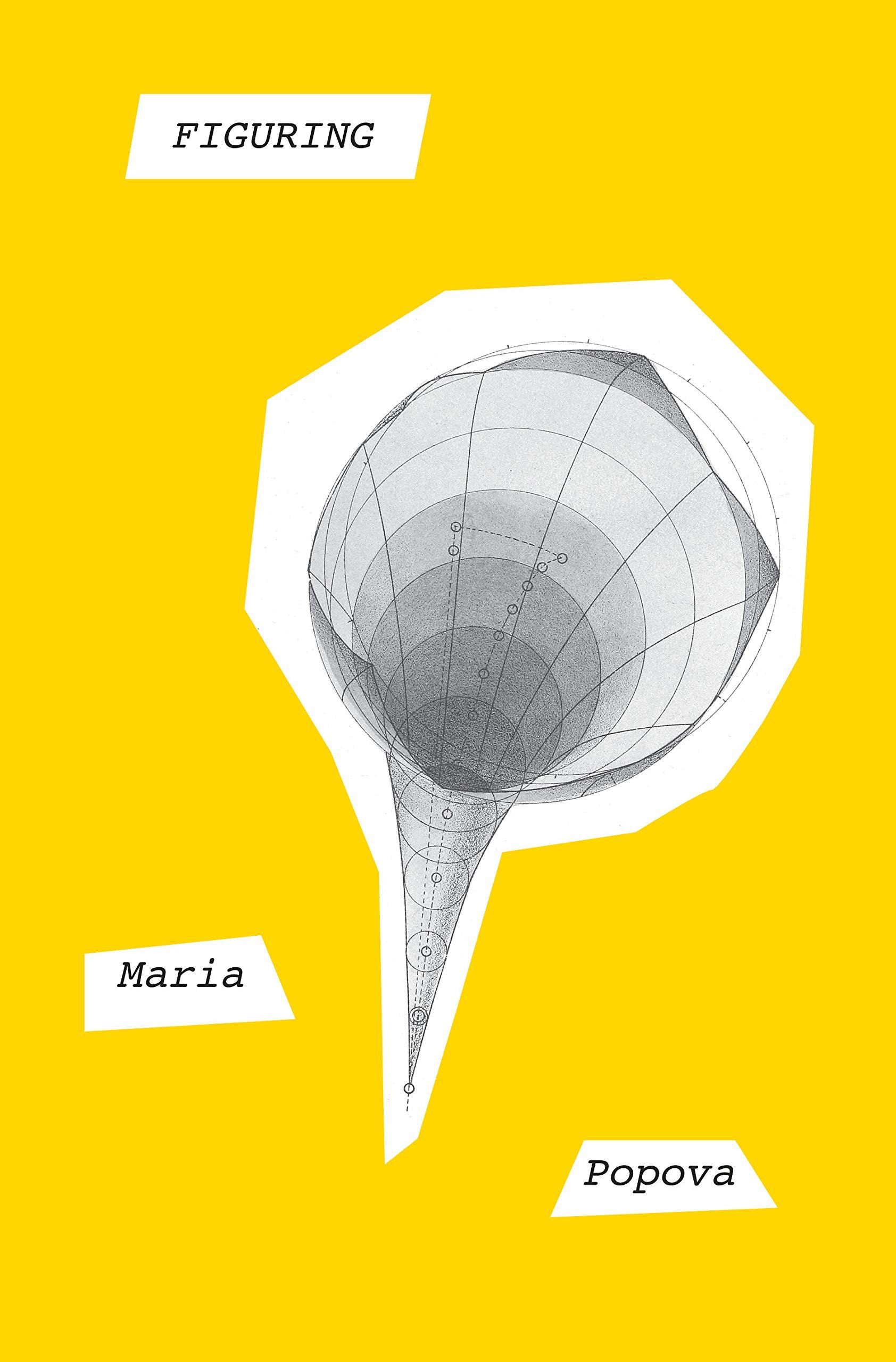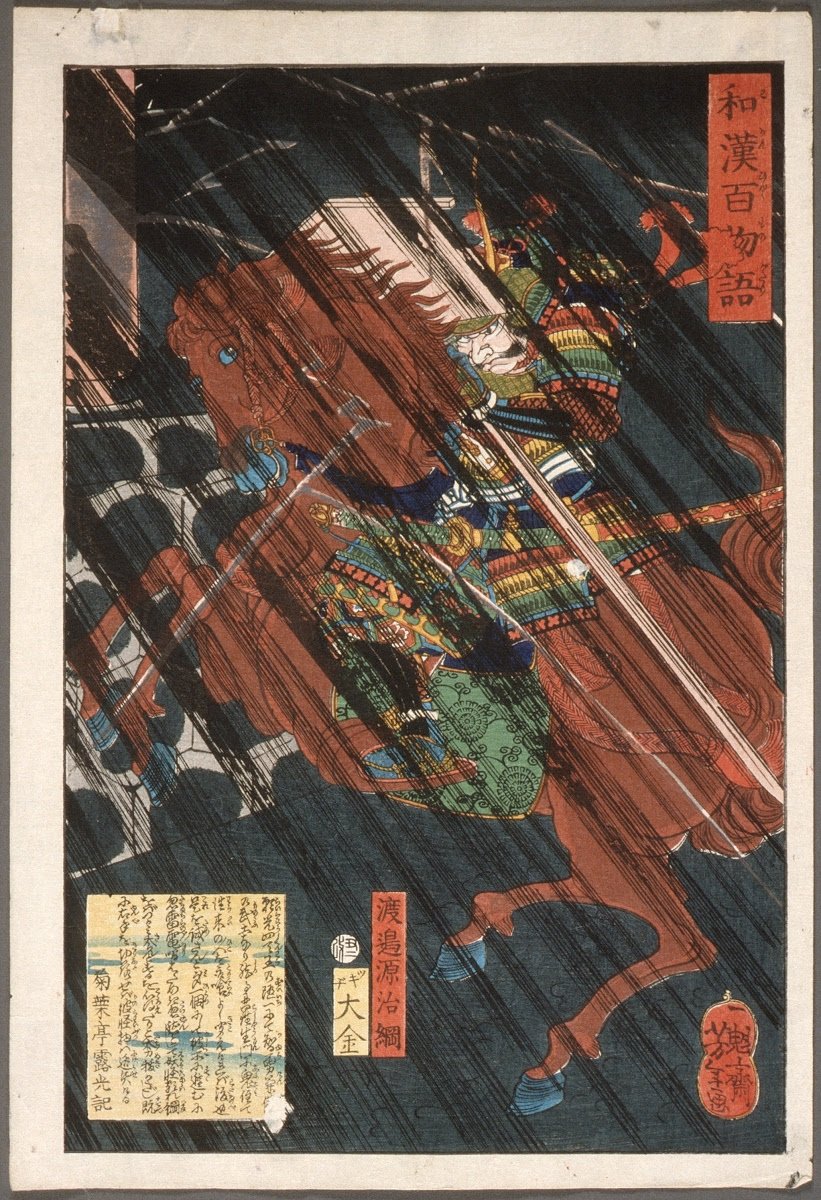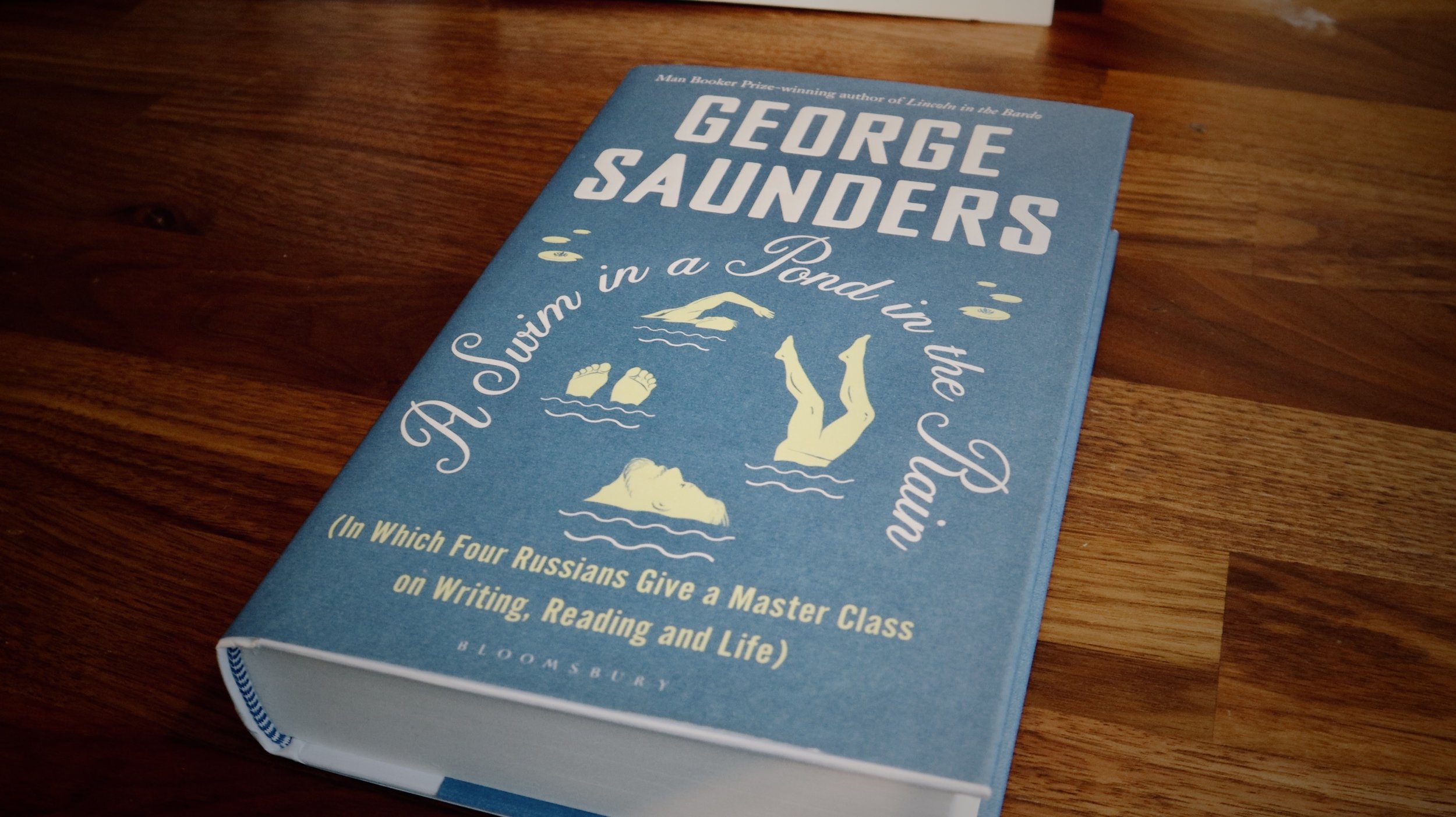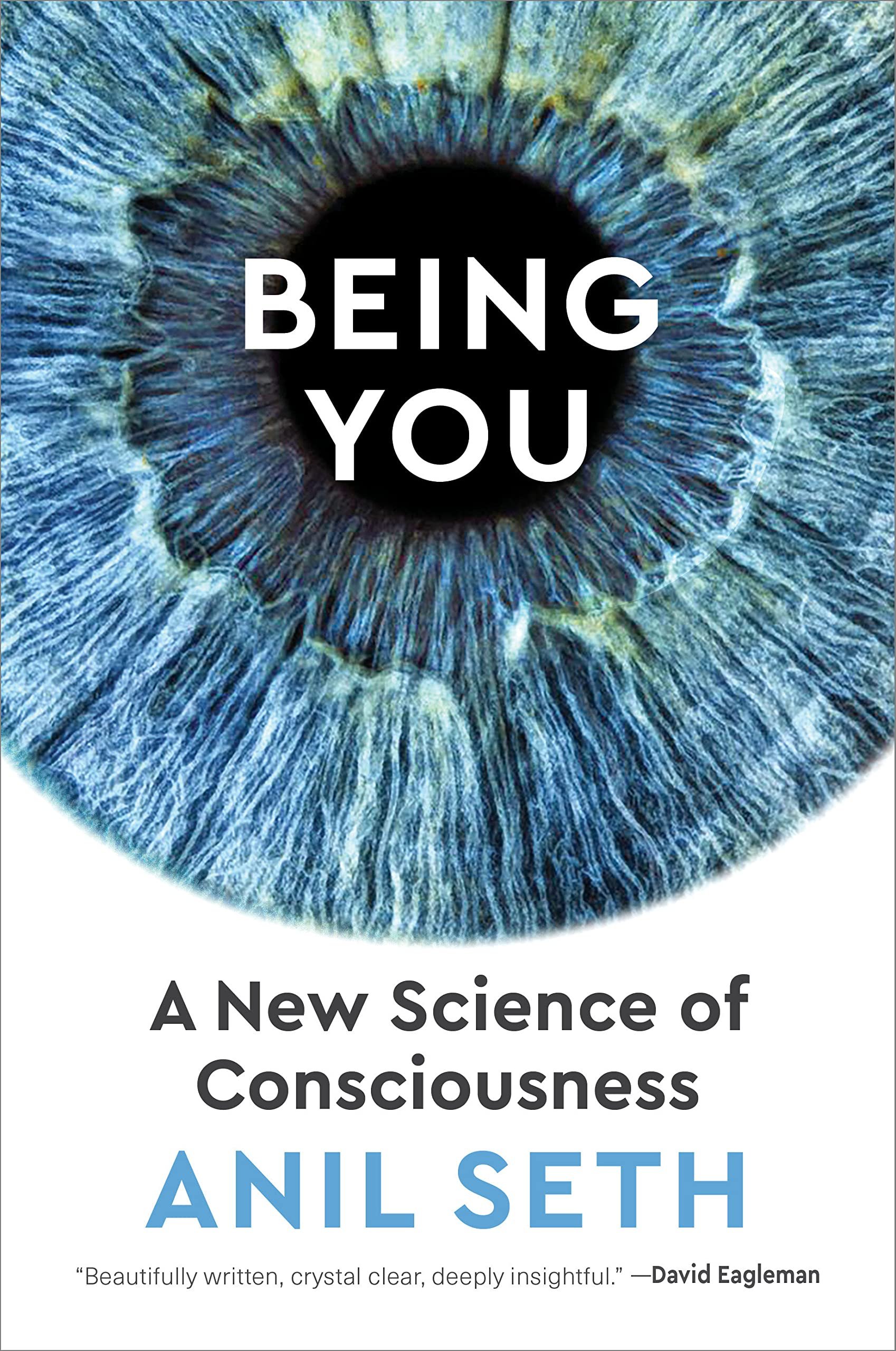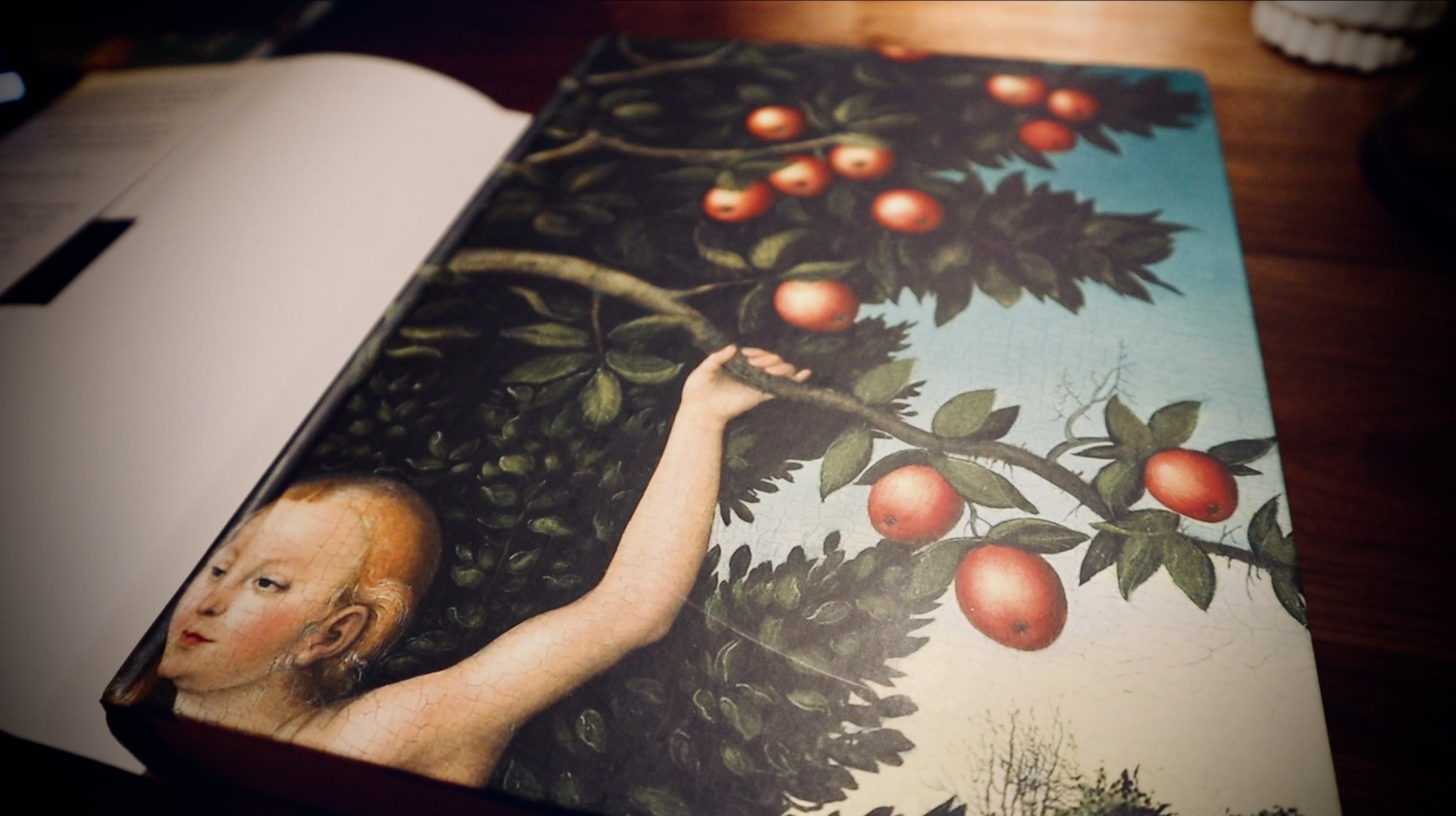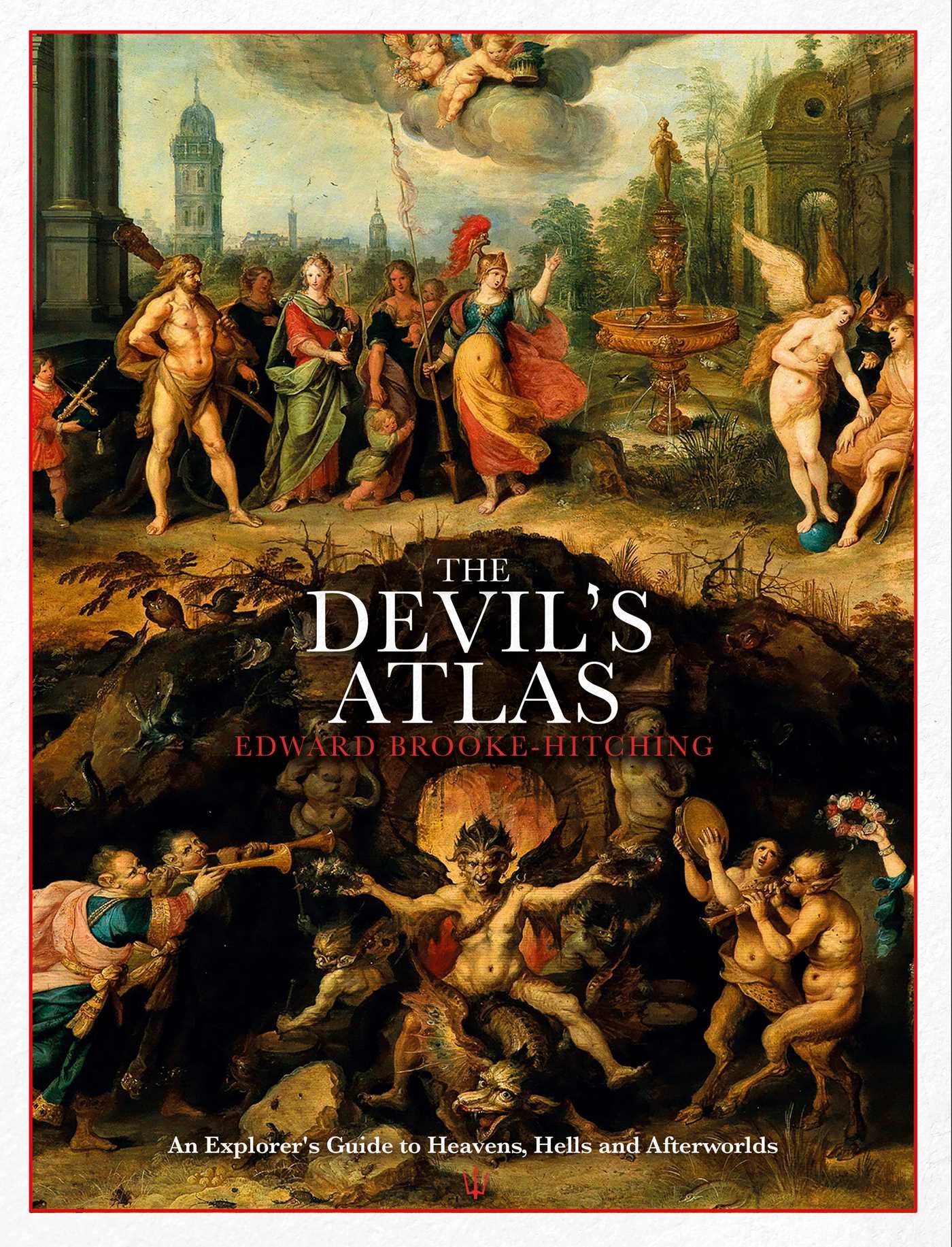10 Books I am Focusing on This January | Early 2022 Edition
“I suppose almost everyone who writes is afflicted some of the time by the suspicion that nobody out there is listening.”
Hello Dear Friend,👋
I hope you are doing well!
Every January, I have a habit of curating a list of 10-15 books, which I want to read within the next few months.
This is my alternative to Goodreads’ ‘set your reading challenge’ campaign, where you have to select not which books you are going to read, but how many you are going to read.
I do not see any value in asking myself to read 30, 50 or 100 books a year. What I find more interesting is asking myself:
What are some gaps in my knowledge that I can expand on this year? And, what books can help me with this?
I believe that books we plan to read in the future are as important as the ones that we have already read in the past.
Looking at the reading list below is like looking into my future. 🔮
I can see topics, ideas, authors that are going to occupy my thoughts in the next few months.
It gets me excited to think that at some point, let’s say in February, I am going to take a masterclass on writing taught by Anton Chekov, Leo Tolstoy and other great Russian writers themselves.
They are all still dead (unfortunately)but George Saunders’ new book A Swim in a Pond makes you feel as if they are alive and ready to start the class!
The books below are mentioned in no particular order. The order they are going to be read will depend on, as everything in life, on the mood I am going to be in. And judging by today’s mood I think my next read will be Deaths of Poets, ha!
I would strongly recommend you to curate your own reading list this way. It helped me so much with my mental clarity and gave me an idea of what I don’t know about.
I hope one of those books will make on your own list!
📚
By walking, you escape from the very idea of identity, the temptation to be someone, to have a name and a history.
Most of the thinkers I admire - whether Rimbaud, Thoreau, Rousseau or Nietzsche - came up with their great ideas while they were walking.
Nietzsche wrote his Zarathustra while hiking in the Swiss mountains in Sils-Maria.
Spirituals leaders such as Jesus or Buddha were also ardent walkers.
What is it about walking that Inspired them so much? What can I learn from them?
🧠 Figuring
“This is the power of art: The power to transcend our own self-interest, our solipsistic zoom-lens on life, and relate to the world and each other with more integrity, more curiosity, more wholeheartedness.”
~ Maria Popova, Figuring.
Around 10 years ago Maria Popova launched a weekly newsletter which she sent to 7 colleagues. The newsletter contained ideas and musings Maria read in books which she found interesting and nourishing.
Fast-forward to our day, she has 7 million unique visitors of her website - Brainpickings (recently renamed to The Marginalian)- each month 🤯.
Maria Popova inspired me to launch my own newsletter, podcast and YouTube channel by showing that there is an audience out there which shares my love of having deep conversations on sublime ideas, on beauty, on philosophy.
This book is a collection of her essays on science, poetry, spirituality, art and other curiosities
From description on the back of the book:
Novelists can be stable and savvy, but poets should be melancholic, doomed and self-destructive.
Is this just an Illusion, or is there some essential truth behind it: What is the price of poetry?
In this book , two contemporary poets embark on a series of journeys to the death places of poets, in part as pilgrims but also as investigators, interrogating the myth.
I have always been fascinated by the first encounters between Japanese and Western civilisation. They both seemed to each other as aliens from another planet.
This book is about one of those first encounters. It tells the story of an English mariner called William, who somehow became a samurai.
There’s a vast underground network for goodness at work in this world—a web of people who’ve put reading at the center of their lives because they know from experience that reading makes them more expansive, generous people…
I have already read the first chapter of this book and got absolutely hooked. Saunders takes one of the Chekhov’s short stories and bit by bit, passage by passage, explains what makes Chekhov a great writer.
He continues on with other great Russian novelists and explains their writing style.
I have read many writing manuals over the past years. They were trying to teach me how to write a simple movie script. This book in contrast teaches how great novels are made.
Arriving at each new city, the traveler finds again a past of his that he did not know he had: the foreignness of what you no longer are or no longer possess lies in wait for you in foreign, unpossessed places
One of the most famous stories told by the great Italian writer Italo Calvino. Gore Vidal refused to review it saying:
Of all tasks describing the contents of a book is the most difficult and in the case of the marvellous invention like Invisible Cities, perfectly irrelevant.‘
We’re all hallucinating all the time; when we agree about our hallucinations, we call it “reality”.
Although I have been interested in the idea of consciousness for a long time. I have not yet read any recent books on the subject yet.
Anil Seth is the leading researcher of consciousness in Britain.
I have been told by one of the subscribers of this newsletter that this is the best book to start with.
He is considered to be one of the best essayists and critics of the English language. He was a close friend of great poets as Coleridge and Wordsworth. He inspired the poet John Keats.
And… I have not read anything by him yet. Crazy.
We create art and then art shapes us. I have read a wonderful review of this in Times Literary Supplement. Unfortunately, it has not been digitised yet, otherwise I would have shared it with you.
First of all, thank you Bloomsbury for publishing such good quality hardbacks! The whole design of the book is so pleasant to hold in your hands.
This is the history of art told through psychological lense. We are creatures that creates art. Why?
😈 The Devil’s Atlas: An Explorer’s Guide to Heavens, Hells and Afterworlds
by Edward Brooke-Hitching
Decided to leave this book for super-nerds who will reach the bottom of this list!
Amazing book which explores our vision of afterlife in art. The way we see the world that lies beyond ours tells so much about our culture and our spiritual state.


